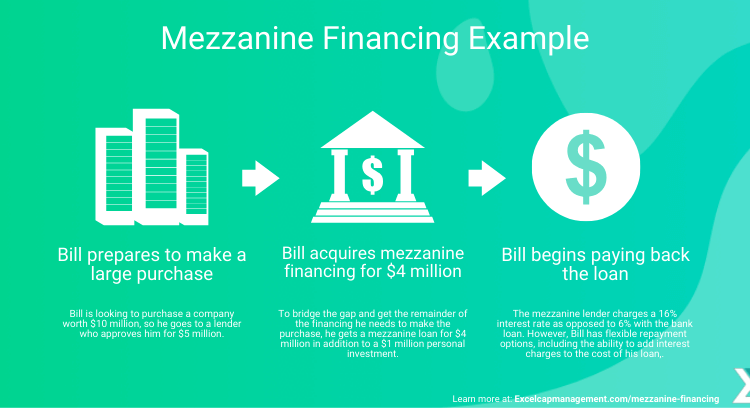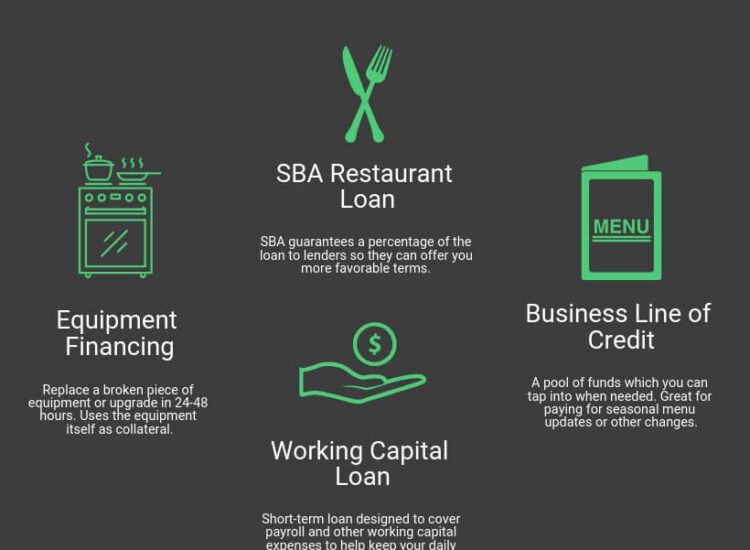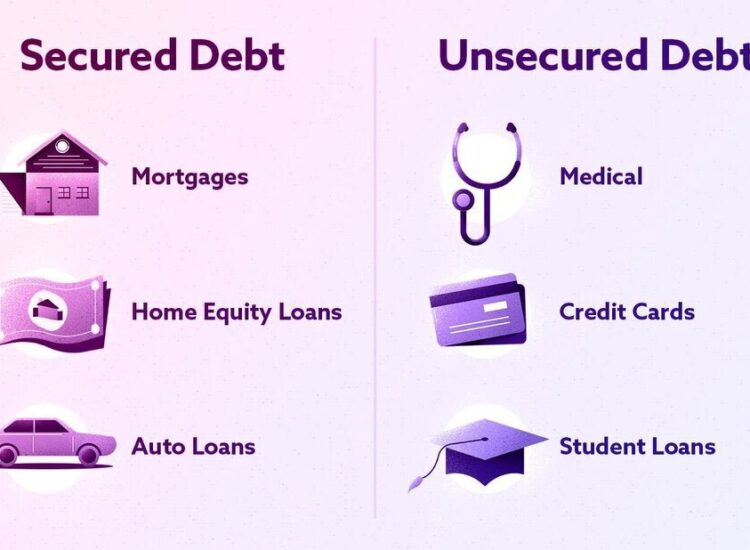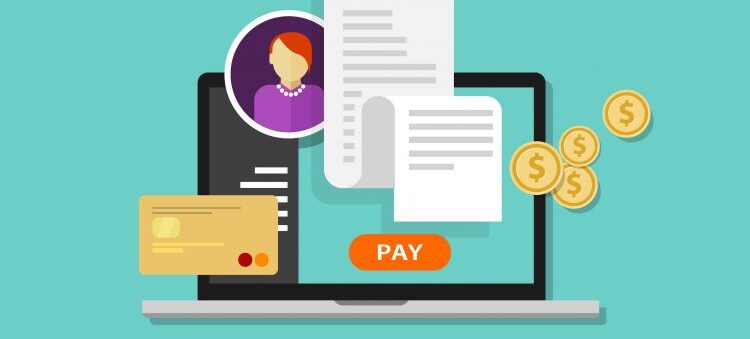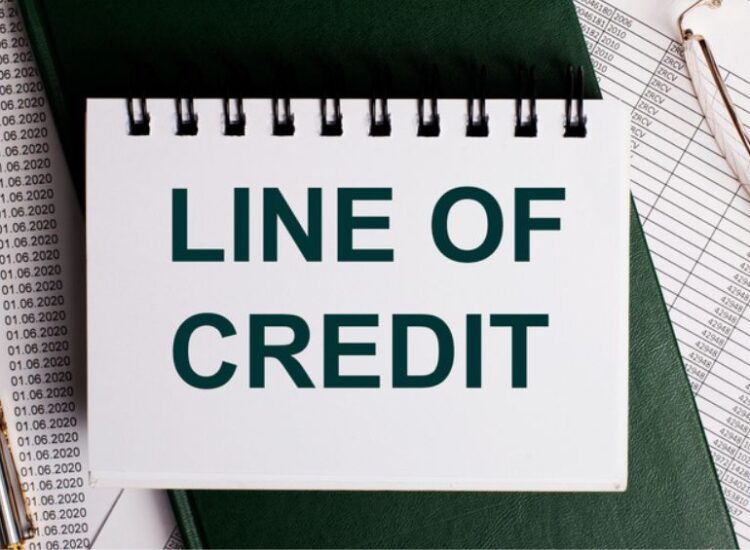Small businesses traditionally relied on bank loans, a process often slow and inflexible. The emergence of diverse lenders offering small business lines of credit has created a more competitive market. Securing sufficient funding remains a significant challenge for many startups, with a substantial percentage failing within their first two years due to cash flow issues. Finding the best small business line of credit loan is crucial for mitigating this risk. A well-structured line of credit provides flexible access to capital, but navigating the complexities of applications and repayment terms requires careful consideration. This article will guide you through the process of securing the right financing for your startup.
Toc
- 1. Understanding Business Lines of Credit for Startups
- 2. Types of Small Business Lines of Credit
- 3. Top Lenders and Their Offerings: A Comparison
- 4. Related articles 01:
- 5. Current Trends in Small Business Lending
- 6. Business Line of Credit Requirements: What Lenders Look For
- 7. Securing Your Best Small Business Line of Credit Loan: A Step-by-Step Guide
- 8. Alternative Funding Options for Startups
- 9. Conclusion
- 10. Related articles 02:
Understanding Business Lines of Credit for Startups
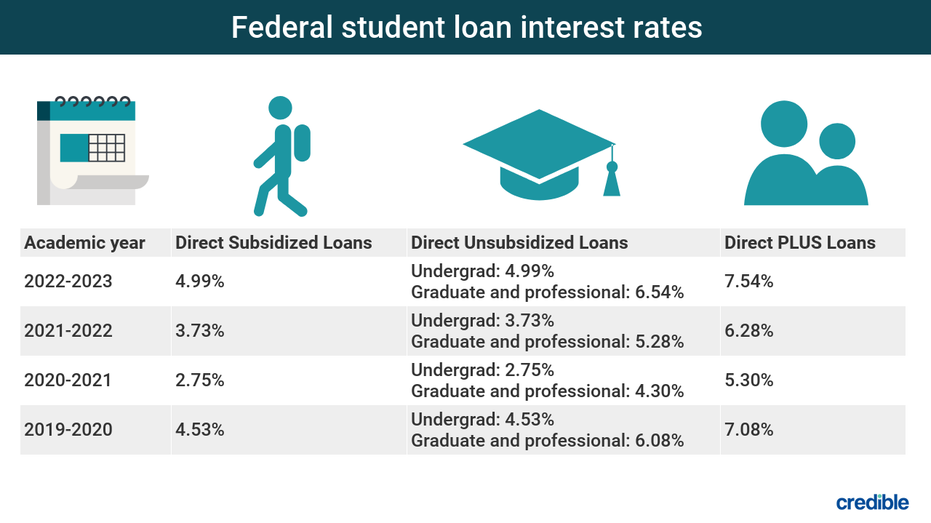
A business line of credit serves as a revolving credit source, granting businesses access to funds when needed. Unlike traditional term loans, which provide a lump sum upfront for a specific purpose and have a fixed repayment schedule (e.g., a $50,000 loan for equipment purchase repaid over 5 years), a line of credit offers ongoing access to funds up to a pre-approved limit. This flexibility is crucial for managing unpredictable expenses, such as seasonal fluctuations in sales or unexpected repairs.
The core functionality of a business line of credit lies in its adaptability. Borrowers only incur interest on the amount drawn, making it easier to manage cash flow effectively. However, it’s essential to understand both the advantages and potential drawbacks.
Advantages of a Business Line of Credit
- On-Demand Access to Funds: Startup founders can withdraw funds at their convenience, enabling them to tackle unexpected expenses or seize business opportunities without delay.
- Flexible Repayment: Since interest is charged only on the amount borrowed, businesses can tailor repayment according to their cash flow situation, providing much-needed financial flexibility.
- Credit Building: Regular use and timely repayment of a line of credit can help establish and enhance business credit, which is vital for securing future financing.
While these benefits are appealing, it’s crucial to be aware of the potential downsides. If not managed properly, higher interest rates may apply, and overspending can lead to accumulating debt. Setting a budget and monitoring usage regularly are essential strategies for responsible use. Additionally, lenders may impose specific requirements, such as maintaining a minimum credit score and demonstrating consistent revenue, particularly for unsecured lines of credit.
Types of Small Business Lines of Credit
When exploring the best small business line of credit loan, startup founders will encounter various types of lines of credit. Understanding these options is essential for making informed financial decisions.
A. Unsecured Business Line of Credit for New Businesses
An unsecured business line of credit is particularly attractive for startups that may lack substantial collateral. This type of credit does not require any asset backing, making it appealing for businesses with limited resources. However, securing an unsecured line often comes with challenges. Lenders typically require higher credit scores and proof of revenue to mitigate their risk. Interest rates on unsecured lines of credit for new businesses are generally higher than those for secured lines, often ranging from 10% to 30% APR, depending on creditworthiness and lender.
Lenders like Bluevine cater specifically to new businesses with unsecured lines of credit, but applicants should be prepared to meet stricter eligibility criteria. It’s essential to understand the heightened requirements when considering this option.
B. Best Unsecured Business Line of Credit
Finding the best unsecured business line of credit involves careful consideration of several factors, including interest rates, fees, and terms. A thorough comparison of various lenders can help identify the most favorable options for your startup. Creating a comparison table featuring top lenders like Bluevine, Kabbage, and OnDeck can provide clarity on their offerings. It’s also important to evaluate customer service and the application process, as a seamless experience can alleviate stress during critical funding moments.
C. Instant Business Line of Credit
The allure of an “instant” business line of credit appeals to many entrepreneurs. While some lenders advertise instant approval and funding, it’s crucial to understand the limitations. The term “instant” often depends on pre-qualification and the timely submission of necessary documentation.
Lenders such as Bluevine and Kabbage are recognized for their relatively quick processing times. However, startup founders should remain prepared for the possibility of longer wait times if additional documentation is required. Weighing the trade-offs between speed and favorable loan terms is essential when considering this option.
Top Lenders and Their Offerings: A Comparison
Several lenders offer business lines of credit, each with unique features that cater to different business needs. Below is a closer look at some prominent options in the market.
1. https://khositrangsuc.com/mmoga-sofi-loan-consolidation-your-guide-to-simplifying-debt/
4. https://khositrangsuc.com/mmoga-parent-plus-loan-consolidation-your-complete-guide/
5. https://khositrangsuc.com/mmoga-va-loan-pre-approval-your-step-by-step-guide/
A. Wells Fargo Business Line of Credit
Wells Fargo presents a robust selection of options for small businesses, including unsecured lines of credit. Their minimum loan amount typically starts at $5,000, with interest rates beginning around 8.75% APR. Wells Fargo’s offerings are particularly advantageous for startups, as they may provide more flexibility regarding the minimum time in business compared to other institutions. However, a credit score of at least 680 is generally required, which can be a hurdle for some startups.
Pros:
- Flexible options for new businesses
- Established reputation and customer service
Cons:
- Higher credit score requirements
- Interest rates may be less competitive compared to alternative lenders
B. Chase Business Line of Credit
Chase is well-known for catering to businesses with larger financial needs, providing both secured and unsecured lines of credit. Their minimum loan amount is also $5,000, but interest rates are not always disclosed publicly. Chase’s focus on larger loans and longer repayment terms makes it an attractive option for established startups seeking substantial funding. However, their offerings may not be the best fit for smaller startups with lower revenue.
Pros:
- Variety of loan products available
- Longer repayment options
Cons:
- Limited transparency on credit score requirements
- May not suit smaller startups
C. Bluevine Business Line of Credit
Bluevine has carved a niche in the market by offering lines of credit specifically designed for startups. They provide unsecured lines of credit with flexible repayment options, which can be a lifeline for new businesses facing cash flow challenges. Bluevine, known for its quick approval process, also utilizes alternative data, such as bank transactions and business revenue, in its credit assessment. This can be beneficial for startups with limited credit history.
Bluevine’s emphasis on speed means that businesses can often access funds quickly, which is essential in today’s fast-paced business environment. However, potential borrowers should be aware of the higher interest rates compared to traditional banks.
Pros:
- Fast approval and funding
- Tailored options for startups
Cons:
- Higher interest rates compared to traditional banks
- Stricter requirements for unsecured lines of credit
D. American Express Business Line of Credit
American Express offers business lending solutions that cater to a broad audience, including startups. Their business line of credit is particularly beneficial for those already familiar with the American Express ecosystem. While details may vary, American Express often requires a solid credit profile and may provide competitive rates for qualified applicants. However, potential borrowers should be aware of the strict eligibility criteria.
Pros:
- Established brand with strong customer service
- Potential for rewards and benefits within the American Express network
Cons:
- May have strict eligibility criteria
- Not all businesses may qualify for optimal terms
Current Trends in Small Business Lending
The landscape of small business lending is evolving rapidly, with fintech companies playing a significant role in disrupting traditional lending models. The shift away from traditional banks has led to increased competition among lenders, which can result in more favorable terms for borrowers. Companies like Kabbage and OnDeck are pioneering innovative approaches to lending, offering streamlined applications and faster funding options that appeal to modern entrepreneurs.
Increased Use of Alternative Data
Moreover, lenders are increasingly utilizing alternative data to assess creditworthiness. Factors such as online sales data, bank statements, and even social media activity can influence lending decisions, providing a more comprehensive view of a business’s financial health. This trend is particularly beneficial for startups with limited credit history, as it opens doors to funding opportunities that may not have been available through traditional means.
Business Line of Credit Requirements: What Lenders Look For
Understanding the business line of credit requirements is crucial for startup founders. Each lender may have different criteria, but common requirements often include:
A. Credit Score Requirements
Credit scores are a fundamental aspect of securing a line of credit. Lenders typically look for scores of 680 or higher, although some may exhibit flexibility. Startups should consider strategies to improve their credit scores before applying, such as paying down existing debts and ensuring timely payments.
B. Time in Business Requirements
Many lenders require businesses to have been operational for a minimum period before qualifying for a line of credit. For startups, this can be a significant challenge. Demonstrating financial viability through consistent revenue or a solid business plan can help offset the lack of operational history.
C. Revenue Requirements
Revenue plays a significant role in determining both eligibility and the amount that can be borrowed. Lenders often have minimum revenue requirements, which can vary widely. Startups should prepare detailed revenue projections to support their applications.
D. Other Requirements
Additional requirements may include personal guarantees, financial statements, and a well-crafted business plan. Lenders use these documents to assess the business’s financial health and repayment capability.
Securing Your Best Small Business Line of Credit Loan: A Step-by-Step Guide
Applying for a business line of credit requires careful preparation. Here’s a step-by-step guide to enhance your chances of securing favorable terms:
- Gather Documentation: Compile necessary documents, including financial statements, tax returns, and a detailed business plan. Accurate and well-prepared documents can streamline the approval process.
- Understand Your Needs: Clearly define the purpose of the line of credit. Whether it’s for inventory purchases, managing cash flow, or addressing unforeseen expenses, having a specific purpose can strengthen your application.
- Compare Lenders: Take the time to compare different lenders based on interest rates, terms, and fees. This will help identify the best small business line of credit loan that suits your needs.
- Negotiate Terms: Be prepared to negotiate with lenders. Understanding the market and having alternative options can provide leverage during discussions.
- Prepare for Rejection: If faced with rejection, seek feedback from the lender. This can provide insights into areas needing improvement before reapplying.
Alternative Funding Options for Startups
In some cases, a line of credit may not be feasible. Exploring alternative funding options can help startups maintain financial flexibility. Some alternatives include:
- Small Business Grants: These funds do not require repayment and can provide essential support for specific projects or initiatives.
- Invoice Financing: For businesses with outstanding invoices, this option allows you to borrow against unpaid invoices, providing immediate cash flow.
- Crowdfunding: Engaging the community through crowdfunding platforms can help raise funds while building brand awareness.
- Short-Term Loans: These loans can be an excellent option for quick funding needs, though they may come with higher interest rates.
Conclusion
This article provided a comprehensive guide to securing the best small business line of credit loan, focusing on the needs of startup founders. By understanding the different types of lines of credit, lender offerings, and application requirements, you can navigate the financing landscape effectively and secure the funding your business needs to thrive. Remember to carefully compare lenders, prepare a strong application, and consider alternative funding options if necessary. Start your search today and take the first step towards securing your business’s financial future.
